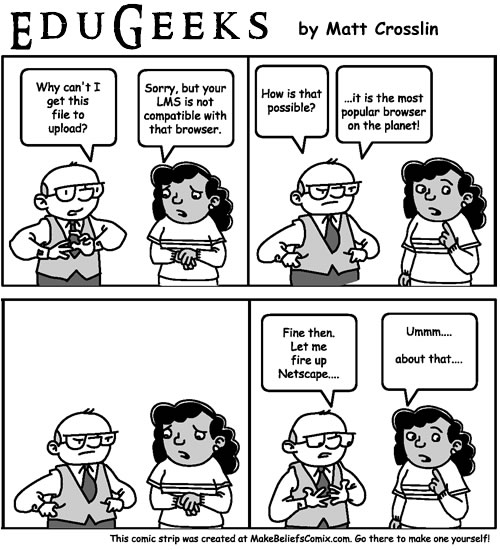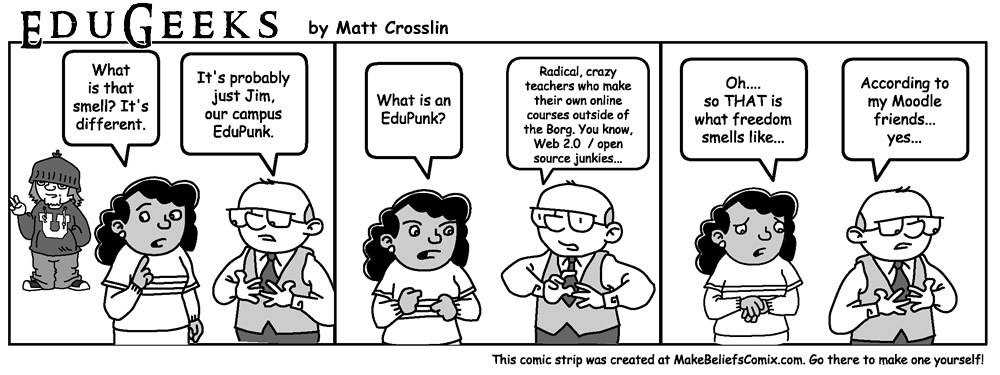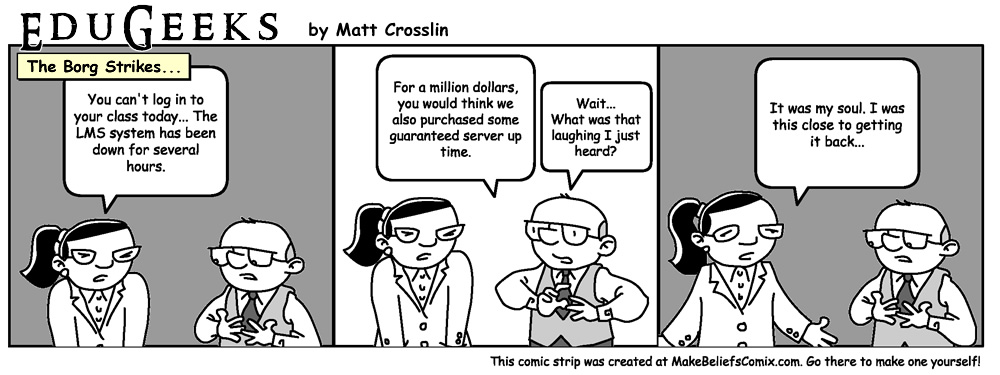After careful examination of features and uses of the iWatch, I think I have finally settled on the Top 5 Ways it will revolutionize education as we know it.
5) Increased Assessment of Boredom Cessation
Wristwatches seem to have disappeared since the rise of the Smartphone. Sure you can check the time on your phone, but how easy is that when you are in the front row of a lecture and your teacher or professor will confiscate your phone if you get caught taking it out? When someone starts boring you to sleep with DPPSR (Death by PowerPoint Slide Reading), the only way to combat that is with an accurate idea of how long you have to force yourself to stay awake. Having a watch again will give millions of students the tools to know how long to pinch themselves to stay awake and earn participation credit.
4) Better Indications of Social Stratification
We all know that we judge each other by our smartphone choice (Apple or Android). A few years ago, that was easy to do by size, even with phone cases covering the logo. But since Apple introduced their new face-sized pones, it is near impossible to know who is as cool as you are. With advent of the iWatch, you can now simply look at someone’s wrist to see if they are Apple or Android. Young Adult Clique Formation is the foundation of the high school and college experience, and the iWatch finally will help with split second social interaction decisions.
3) Historical Connections With Ancient Stylistic Conventions
One of the best trends that didn’t make it out of the 80s was the Swatch Watch. For those that weren’t around for this trend, you actually spent all of your money buying different color wrist bands and watch guards (yep, that was a thing way before Smartphones) so that you could switch them out daily (to match your Jams shorts). It was so popular that it burned out after a year and no watch maker has wanted to try and replicate it’s awesomeness for some odd reason. Now, of course, we can finally re-live history with the iWatch and its endless arrays of interchangeable bands and UIs. iWatch owners will be walking history connections.
2) Time Management Solutions Through Phantom Signal Claims
Do you lament the days when you could get out of any situation or conversation by pretending your phone vibrated because no one knew much about smartphones? We now know the sound of a buzzing phone, but it was great for time management when smartphones were new and mysterious. The iWatch will be able to bring back that mystery in many ways, since few will know much about them at the beginning. Just think of how much more control you can wrestle away from pointless conversations by claiming your watch is sending you all kinds of messages.
1) Advanced Creative Grade Enhancement Methodology
Cheating is such an ugly and outmoded word. Everyone knows that today’s students need to partake in creative grade enhancement. Remember how easy that was when smartphones first came out and teachers or professors had no clue you could get answers right on your phone? Those days have been long gone due to instructors quickly catching on, but now with the iWatch they are back. Just store the answers on your iWatch a head of time and make it look like you just have a nervous habit of tapping your watch. This will increase your grades, and we all know that increased grades on test proves that more learning is happening. If instructors never cared that you might have randomly guessed some answers correct on multiple choice tests, then surely they don’t care about other forms of creative grade enhancement. As long as the school’s test numbers look good, everyone wins.
———————————————-
![]() I am sure there are many other great sounding reasons why the iWatch will revolutionize education. The iPhone and iPad have already made modern education almost unrecognizable from what it was before they came out, so the iWatch is sure to keep that tradition alive. I just can’t wait until we get the iOcculus in 2017 and then the iNeuralImpant in 2019 – we will just be injecting information straight into the eyes and brains! Just more proof that technology is the solution for all of Education’s woes.
I am sure there are many other great sounding reasons why the iWatch will revolutionize education. The iPhone and iPad have already made modern education almost unrecognizable from what it was before they came out, so the iWatch is sure to keep that tradition alive. I just can’t wait until we get the iOcculus in 2017 and then the iNeuralImpant in 2019 – we will just be injecting information straight into the eyes and brains! Just more proof that technology is the solution for all of Education’s woes.
Matt is currently an Instructional Designer II at Orbis Education and a Part-Time Instructor at the University of Texas Rio Grande Valley. Previously he worked as a Learning Innovation Researcher with the UT Arlington LINK Research Lab. His work focuses on learning theory, Heutagogy, and learner agency. Matt holds a Ph.D. in Learning Technologies from the University of North Texas, a Master of Education in Educational Technology from UT Brownsville, and a Bachelors of Science in Education from Baylor University. His research interests include instructional design, learning pathways, sociocultural theory, heutagogy, virtual reality, and open networked learning. He has a background in instructional design and teaching at both the secondary and university levels and has been an active blogger and conference presenter. He also enjoys networking and collaborative efforts involving faculty, students, administration, and anyone involved in the education process.




